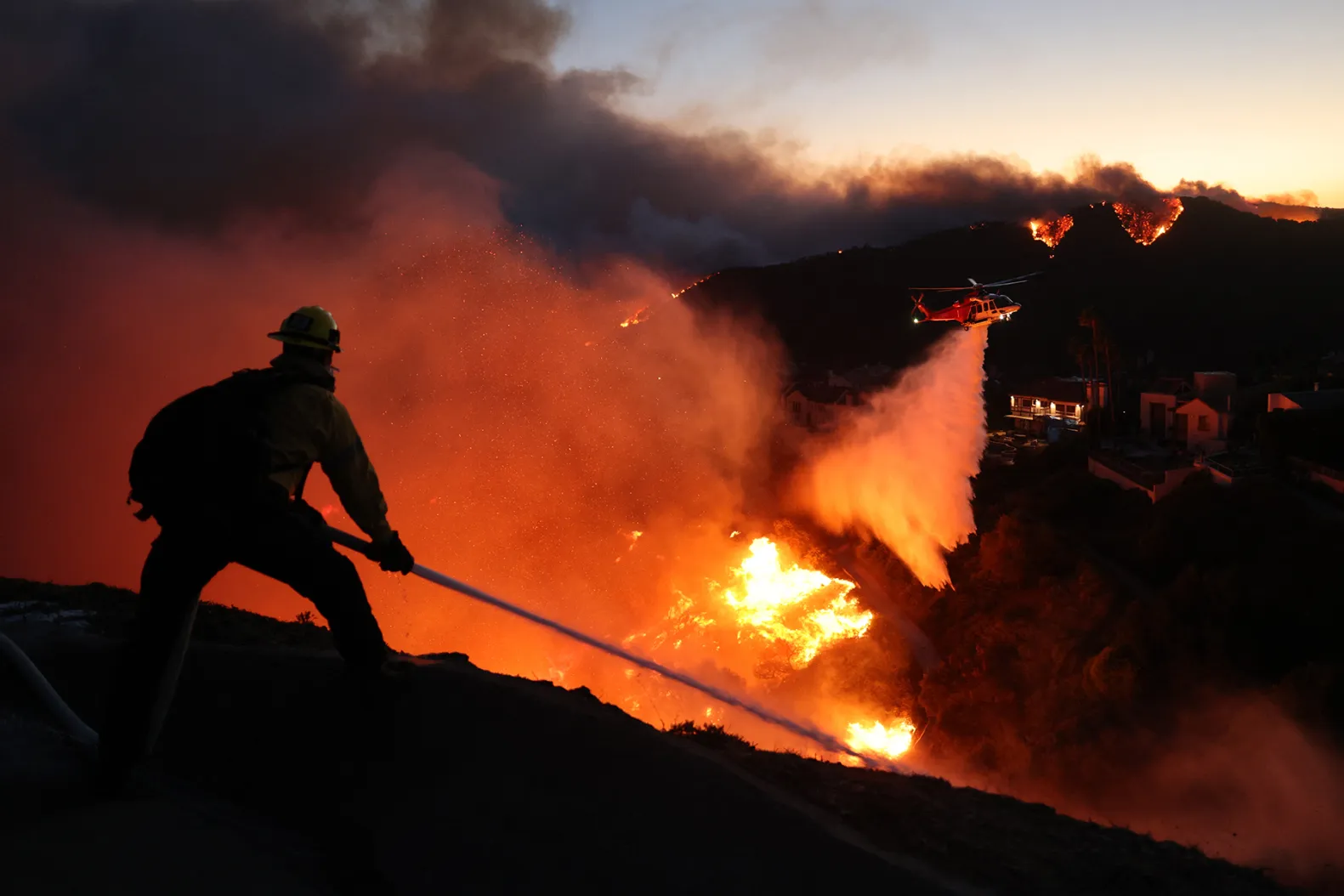This week had events that have highlighted significant shifts and challenges in supply chains, transportation, and urban planning. With climate change, geopolitical tensions, and cybercrime poised to disrupt global logistics, what steps must industries take to adapt in 2025? As Nippon Steel and U.S. Steel Corp. challenge a merger block on national security grounds, what does this mean for the future of industrial policy? Meanwhile, Bill Gates’ investment in transportation signals optimism in a struggling sector—what recovery does he foresee? In New York, a first-of-its-kind congestion pricing program sparks heated debates, but can it truly transform the city’s mobility? Finally, Southern California faces devastation from record-breaking wildfires—how will this shape the region’s resilience and recovery?
Dive into this week’s round:
Top Supply Chain Risks to Prepare for in 2025
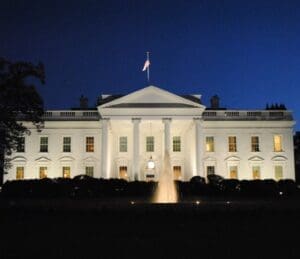 This week, Everstream Analytics released its report covering anticipated top supply chain risks for 2025. Which include climate change-induced flooding, geopolitical instability, cybercrime, rare metals and minerals trade measures, and forced labor regulations. Climate change is causing more frequent and severe weather events including flooding, threatening supply chains, especially in regions with poor infrastructure. Geopolitical tensions and trade wars are expected to continue, increasing tariff risks and supply chain disruptions. Cybercrime is a growing and persistent concern, particularly through sub-tier supply chains, necessitating robust cybersecurity measures. The demand for rare metals and minerals is rising, leading to potential supply chain bottlenecks. New regulations to prevent forced labor in supply chains require companies to ensure compliance through thorough audits and transparency. Regulations in the US focus on certain regions where forced labor is present and the EU has recently enacted a similar regulation targeting forced labor worldwide.
This week, Everstream Analytics released its report covering anticipated top supply chain risks for 2025. Which include climate change-induced flooding, geopolitical instability, cybercrime, rare metals and minerals trade measures, and forced labor regulations. Climate change is causing more frequent and severe weather events including flooding, threatening supply chains, especially in regions with poor infrastructure. Geopolitical tensions and trade wars are expected to continue, increasing tariff risks and supply chain disruptions. Cybercrime is a growing and persistent concern, particularly through sub-tier supply chains, necessitating robust cybersecurity measures. The demand for rare metals and minerals is rising, leading to potential supply chain bottlenecks. New regulations to prevent forced labor in supply chains require companies to ensure compliance through thorough audits and transparency. Regulations in the US focus on certain regions where forced labor is present and the EU has recently enacted a similar regulation targeting forced labor worldwide.
Nippon Steel Corp. and United States Corp. File Lawsuits After Biden Challenges Merger
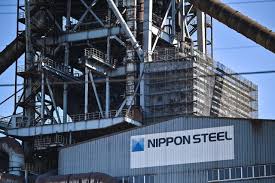
Nippon Steel Corp. and United States Steel Corp. have filed lawsuits challenging President Joe Biden’s decision to block their merger, citing national security concerns. The companies claim the decision was politically motivated to favor unionized steelworkers and rival Cleveland-Cliffs Inc., which they accuse of anti-competitive and racketeering practices to ensure it acquires US Steel instead. While the Biden administration defends the move as essential to protect U.S. infrastructure and supply chains, the lawsuits highlight broader issues of industrial policy, foreign investment, and labor politics. The legal battle faces steep odds, as presidential authority on national security grounds is difficult to overturn, leaving the steel industry’s future consolidation and international partnerships in question.
Bill Gates Makes a $377 Million Bet on the Transportation Industry
 Bill Gates recently made a $373 million investment in two major transportation companies, FedEx and Paccar, signaling his confidence in the sector’s recovery by 2025. Despite the transportation industry’s current struggles, Gates believes that falling interest rates and an improving economy will boost demand for logistics and heavy-duty transportation. His foundation purchased one million shares each of FedEx and Paccar, reflecting his optimism about their future growth.
Bill Gates recently made a $373 million investment in two major transportation companies, FedEx and Paccar, signaling his confidence in the sector’s recovery by 2025. Despite the transportation industry’s current struggles, Gates believes that falling interest rates and an improving economy will boost demand for logistics and heavy-duty transportation. His foundation purchased one million shares each of FedEx and Paccar, reflecting his optimism about their future growth.
New York Begins Congestion Pricing
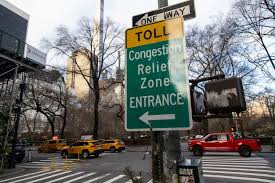 New York’s congestion pricing program, which began on January 5th charges drivers entering Manhattan’s busiest areas up to $9 during peak hours to reduce traffic and fund $15 billion for mass transit improvements. The program, the first of its kind in the U.S., aims to address growing congestion while generating critical revenue for the Metropolitan Transportation Authority to upgrade New York City’s aging transit network. Discounts will be provided for off-peak travel, low-income drivers, and motorcycles, with exemptions for emergency vehicles and residents within the tolling zone. The initiative has sparked significant opposition, with pending lawsuits from opponents such as New Jersey Governor Phil Murphy and the Trucking Association of New York. President-elect Donald Trump has also vowed to block the program, potentially leveraging federal transportation authority or funding to stop it, creating the likelihood of protracted legal and political battles. Despite these challenges, state and city officials remain committed to moving forward, framing the program as essential to the city’s long-term sustainability and mobility.
New York’s congestion pricing program, which began on January 5th charges drivers entering Manhattan’s busiest areas up to $9 during peak hours to reduce traffic and fund $15 billion for mass transit improvements. The program, the first of its kind in the U.S., aims to address growing congestion while generating critical revenue for the Metropolitan Transportation Authority to upgrade New York City’s aging transit network. Discounts will be provided for off-peak travel, low-income drivers, and motorcycles, with exemptions for emergency vehicles and residents within the tolling zone. The initiative has sparked significant opposition, with pending lawsuits from opponents such as New Jersey Governor Phil Murphy and the Trucking Association of New York. President-elect Donald Trump has also vowed to block the program, potentially leveraging federal transportation authority or funding to stop it, creating the likelihood of protracted legal and political battles. Despite these challenges, state and city officials remain committed to moving forward, framing the program as essential to the city’s long-term sustainability and mobility.
Southern California Suffers Record-Breaking Fires Causing Mass Evacuations
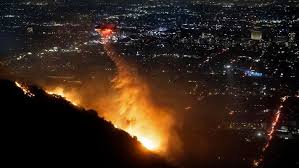 Devastating wildfires have swept Los Angeles County, which has burned thousands of homes and led to the evacuation of at least 130,000 residents. Five people have died, and officials expect the death toll to rise. The Palisades fire has burned 17,234 acres, while the Eaton fire has scorched 10,600 acres. Firefighters are making progress on the Sunset fire, which burned 42 acres in Hollywood Hills. The fires have caused significant damage to landmarks, schools, and businesses, and the economic loss could exceed $50 billion. Firefighters have struggled to battle a myriad of factors that fuel the fires including strong winds and prolonged dry conditions.
Devastating wildfires have swept Los Angeles County, which has burned thousands of homes and led to the evacuation of at least 130,000 residents. Five people have died, and officials expect the death toll to rise. The Palisades fire has burned 17,234 acres, while the Eaton fire has scorched 10,600 acres. Firefighters are making progress on the Sunset fire, which burned 42 acres in Hollywood Hills. The fires have caused significant damage to landmarks, schools, and businesses, and the economic loss could exceed $50 billion. Firefighters have struggled to battle a myriad of factors that fuel the fires including strong winds and prolonged dry conditions.

